In Korea, there is no shortage of workers who work from 9am to 9pm. It can be said that these people live at the company and only “visit” home every evening.
RFI quoted a 2022-2023 report by the Organization for Economic Cooperation and Development (OECD) saying that South Korea is one of the countries with the highest annual working hours, at about more than 1,900 hours/year, 200 hours higher than the average of OECD countries (30 countries). The image of the majority of Koreans working late into the night, exhausting themselves to show their dedication to work, has long become a cultural characteristic.
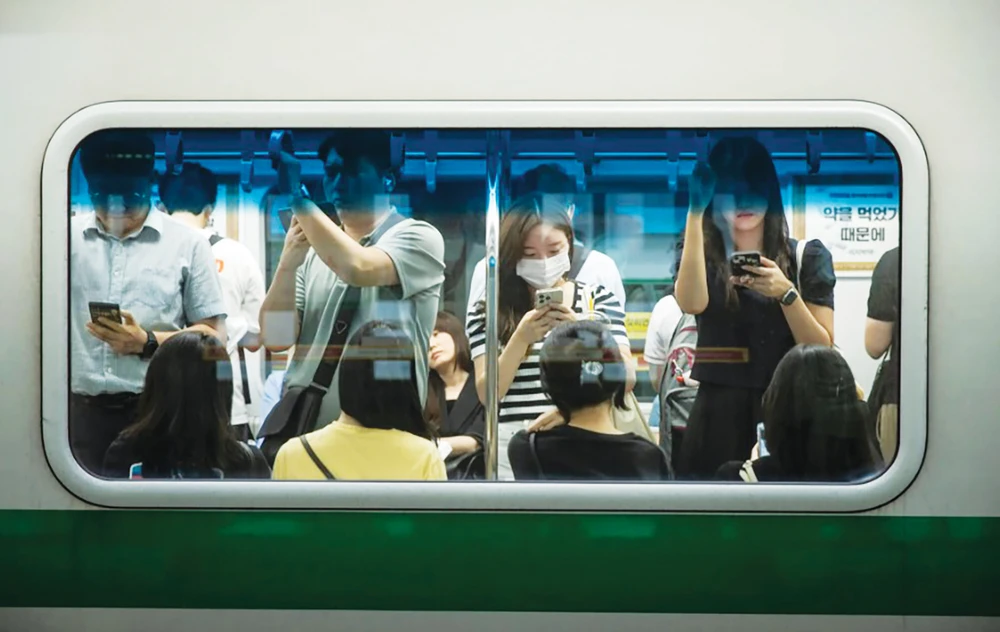
According to current Korean law, workers work an average of 8 hours a day and a maximum of 52 hours a week. However, these are just numbers on paper. There are many reasons to explain the Korean overtime culture. According to Nikkei Asia, the first reason is that workers have no voice in the company. Business owners in Korea often hold a lot of power, while employees cannot demand anything. The second reason is because their wages are quite low. Although the annual working hours are much higher than the average of OECD countries, the annual income of Korean workers in 2022 is still lower than the average salary in member countries of this organization.
Furthermore, the labor market in Korea is currently very competitive. According to a representative of the Korean Youth Federation, retiring at 60 is unthinkable for many people. Many people are laid off when they reach their 40s and 50s. Therefore, many people, even though they had good positions and stable jobs, still have to drive taxis or deliver goods to save money for their future when they retire.
In addition, according to Forbes magazine, another important reason is the ideology, the concept that is deeply ingrained in the minds of Koreans: working overtime means hard work, dedication, and effort. If you want to succeed, you have to devote yourself, giving all your time to work. And for Koreans, success is defined by a good job, a good salary. They care a lot about a person's position and rank in the company. Mr. Lee, 39 years old, an office worker in Korea, affirmed that leaving the office at 6 pm means not being promoted.
The heavy workload has a significant impact on workers' health. In addition to physical health, workers' mental and emotional health are also severely affected. South Korea has the highest suicide rate in the OECD, even higher than Japan, a country famous for Karoshi, or "working to death". In 2021 alone, about 13,000 people in South Korea took their own lives. Moreover, devoting everything to work also means that workers will have no time for family and children. Therefore, it is not surprising that South Korea has the lowest birth rate in the world and this rate continues to decline over the years.
Dedication, dedication and even exhaustion have helped South Korea develop rapidly and become one of the four Asian dragons. However, the consequences it causes are not small.
MINH CHAU
Source: https://www.sggp.org.vn/nhung-nguoi-vat-kiet-suc-cho-cong-viec-post756548.html



![[Photo] President Luong Cuong awarded the title "Heroic City" to Hai Phong city](https://vphoto.vietnam.vn/thumb/1200x675/vietnam/resource/IMAGE/2025/5/13/d1921aa358994c0f97435a490b3d5065)
![[Photo] Many people in Hanoi welcome Buddha's relics to Quan Su Pagoda](https://vphoto.vietnam.vn/thumb/1200x675/vietnam/resource/IMAGE/2025/5/13/3e93a7303e1d4d98b6a65e64be57e870)
![[Photo] President Luong Cuong attends the inauguration of the international container port in Hai Phong](https://vphoto.vietnam.vn/thumb/1200x675/vietnam/resource/IMAGE/2025/5/13/9544c01a03e241fdadb6f9708e1c0b65)
![[Photo] Prime Minister Pham Minh Chinh receives Ambassador of the French Republic to Vietnam Olivier Brochet](https://vphoto.vietnam.vn/thumb/1200x675/vietnam/resource/IMAGE/2025/5/13/f5441496fa4a456abf47c8c747d2fe92)
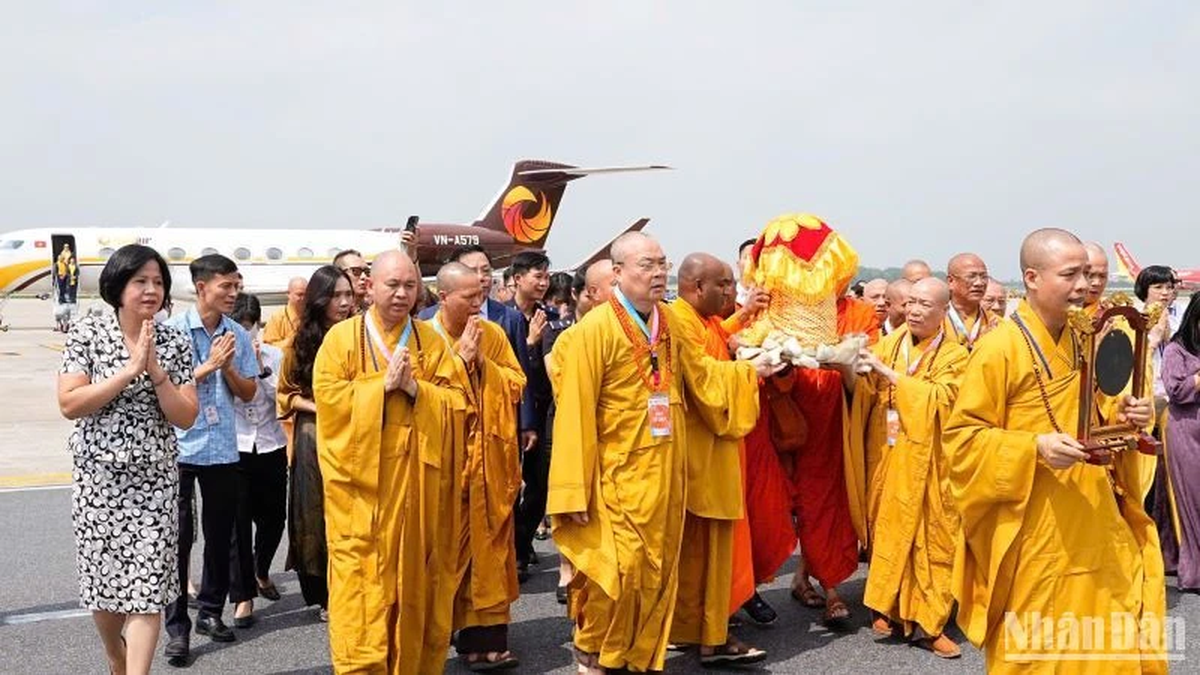
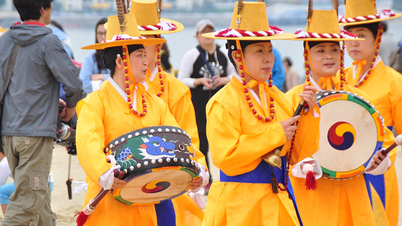





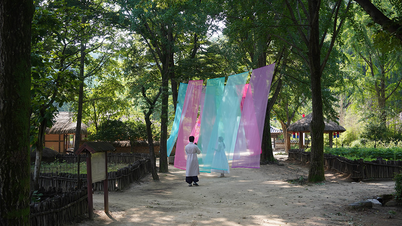











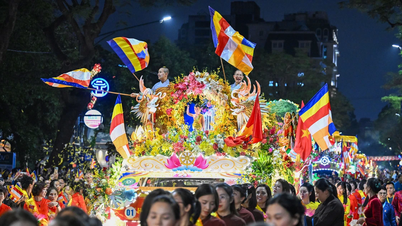


















































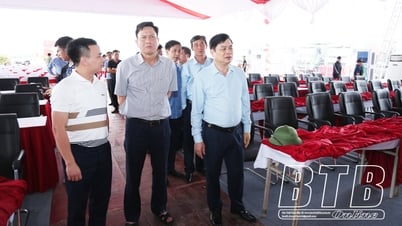


















Comment (0)